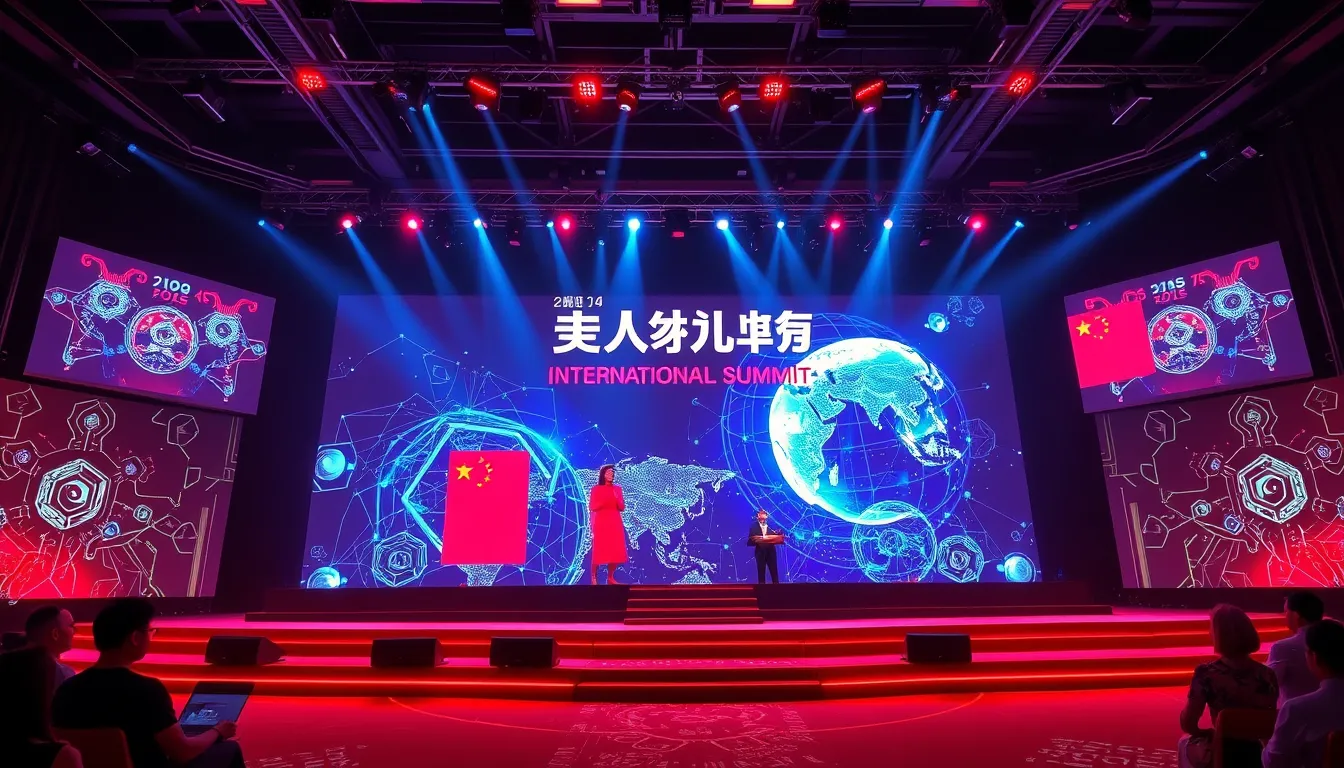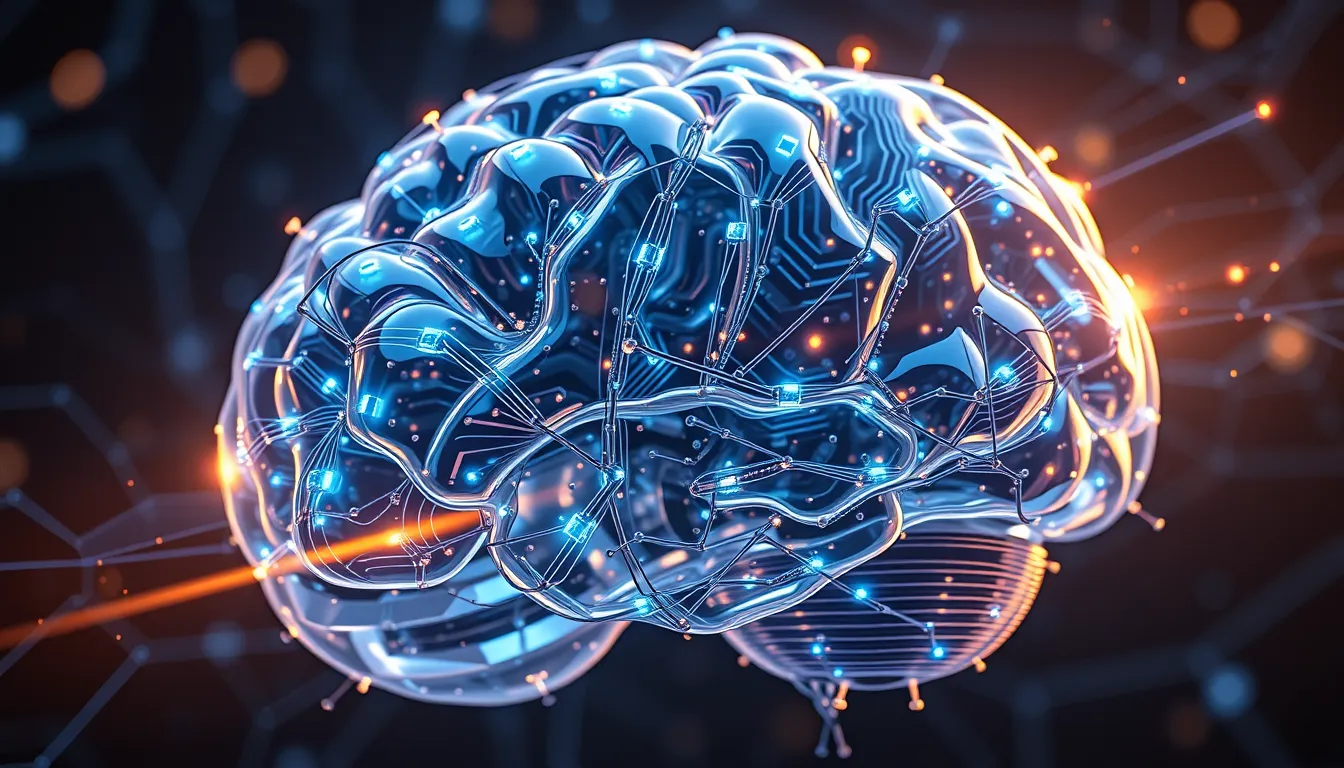Now Reading: Innovative AI in Urban Planning: Building Smarter Cities
-
01
Innovative AI in Urban Planning: Building Smarter Cities
Innovative AI in Urban Planning: Building Smarter Cities

Innovative AI in Urban Planning: Building Smarter Cities
Urban centers around the world are evolving at an unprecedented pace, driven in large part by technological advancements. At the forefront of this evolution is the integration of AI in urban planning. By harnessing the power of artificial intelligence, experts are redefining how our cities function, making them smarter, more resilient, and more responsive to the needs of their residents. This article explores the multifaceted role of AI in urban planning, with a focus on traffic management, environmental monitoring, predictive modeling, and ethical data practices.
Transforming Urban Environments with AI
AI in urban planning is not just a futuristic concept—it is actively reshaping the way we design and maintain metropolitan areas. Pioneering initiatives led by industry experts such as Shah Muhammad at Sweco are setting new benchmarks. Sweco, whose official website can be visited for more information, is a prime example of how integrating AI technology can lead to innovative solutions in infrastructure planning and environmental monitoring.
Urban planners now have access to sophisticated data analytics and machine learning techniques that enable them to:
- Anticipate growth trends
- Optimize utility distribution
- Enhance public safety protocols
- Develop adaptive energy grids
These capabilities ensure that urban infrastructures are not only efficient but also sustainable and resilient against future challenges. The strategic fusion of AI with traditional urban planning methodologies enables cities to remain agile in the face of rapid change.
How AI Optimizes Traffic Management
One of the most significant applications of AI in urban planning is in the realm of traffic management. Efficient traffic flow is essential for reducing congestion, lowering emissions, and ensuring timely emergency responses.
At Sweco, advanced traffic management systems use real-time data acquired from sensor networks and IoT devices to adjust traffic signals dynamically. This results in a smoother flow of vehicles and helps in reducing delays. Key benefits of AI-driven traffic systems include:
- Dynamic Adjustment: Traffic signals adapt based on real-time road conditions and commuter patterns.
- Emergency Response: AI systems can prioritize emergency vehicles, ensuring quicker responses during critical times.
- Reduced Congestion: By predicting peak travel times, cities can allocate resources effectively to prevent bottlenecks.
By integrating these advanced systems, city planners can improve efficiency and reduce the overall strain on urban infrastructure. For more insights on smart cities, you may visit Smart Cities World, a reputable industry resource.
Ethical Data Practices in Urban Planning
With the increase in data-driven management, ethical data practices in urban planning have become paramount. As cities integrate AI technologies, safeguarding resident privacy and ensuring data security is a top priority. It is crucial to establish transparent policies that govern who accesses data and how it is used.
Key elements of ethical data practices include:
- Transparency: Clearly communicate how data is collected, analyzed, and stored.
- Security: Implement robust cybersecurity measures to protect sensitive information.
- Accountability: Ensure that organizations are responsible for maintaining data integrity and privacy.
Sweco’s commitment to ethical data practices is evident in their proactive approach to developing secure, responsible data management frameworks. This dedication not only boosts public trust but also sets industry standards for how technology should be integrated into urban planning responsibly.
Integrating AI with Traditional Urban Planning
AI in urban planning does not operate in isolation. Instead, it complements traditional urban development strategies to create urban spaces that are both technologically advanced and human-centric. For instance, AI tools are being used to analyze demographic trends, forecast infrastructure needs, and optimize the allocation of municipal resources.
When combined with AI-enhanced insights, traditional urban planning can result in the design of neighborhoods that are more accessible, sustainable, and community-focused. The collaboration between public agencies, technology providers, and academic institutions supports the development of robust, innovative urban designs.
Collaborative Innovation for Smarter Cities
The future of urban planning lies in collaboration. Effective urban design requires the combined expertise of various stakeholders including government bodies, private technology companies, and local communities. By fostering partnerships, innovations in AI can be scaled and implemented more effectively.
Collaboration underpins these innovations, ensuring that:
- Diverse teams address multifaceted urban challenges
- Stakeholders share expertise
- The latest technologies are seamlessly integrated with local needs
These strategic partnerships are crucial for turning the vision of smart cities into a reality and ensuring that urban areas remain vibrant and adaptable to change.
Conclusion
In conclusion, the role of AI in urban planning is transformative and far-reaching. By incorporating advanced technologies such as machine learning, predictive analytics, and IoT, urban planners are now equipped to build smarter, more sustainable cities. Whether it is optimizing traffic management, enhancing environmental monitoring, or ensuring ethical data practices, AI is paving the way for a future where urban development aligns with both technological progress and human well-being. As urban centers continue to expand, embracing AI in urban planning will be essential to create resilient infrastructures that are responsive to the evolving needs of populations. This integrated approach represents a bold leap forward, ensuring that the cities of tomorrow are not only smart but also sustainable and inclusive.

























